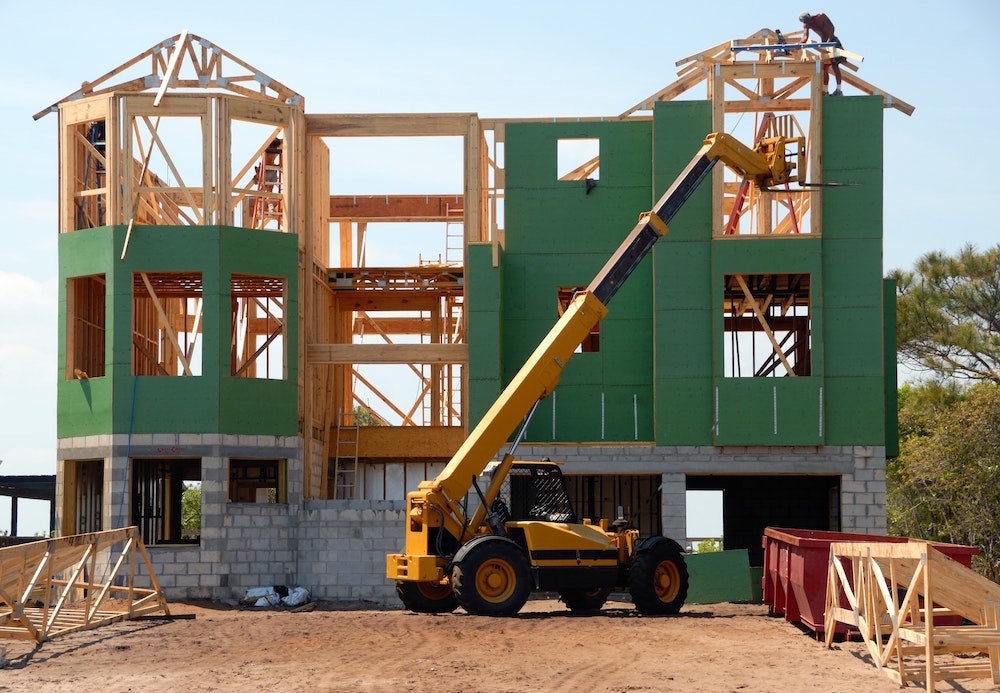Over two-thirds (68%) of private sector defined benefit and hybrid (DBH) employer pension contributions in Q4 2020 were deficit reduction contributions (DRCs), according to figures from the Office for National Statistics (ONS).
The data showed that private sector DRCs in particular were on the rise, increasing from £2.9bn in Q3 2020 to £6.2bn in Q4 2020, whilst public sector DRCs “continued to remain low” at £162m.
Regular employer contributions, however, remained “relatively unchanged” for all scheme types, as public sector DBH schemes recorded a 5% increase, while private sector DBH schemes recorded a 2% increase and private sector defined contribution (DC) schemes' fell by less than 1%.
In contrast, employee pension contributions rose across all scheme types compared to the previous quarter, with public sector DBH schemes reporting an 8% increase and private sector DC schemes increasing by 1%.
Private sector DBH schemes recorded the largest increase of 24%, although the ONS clarified that whilst this was a "significant increase", it is likely to have been caused by sample variability.
DC employees’ pension contributions continued to make-up two-thirds of all employee contributions during the quarter, which ONS highlighted as indication that the most active membership is within DC schemes.
There were 23.2 million occupational DC members in Q4 2020, up from 22.4 million in Q4 2019, while the number of DBH scheme members fell from 18.3 million to 17.8 million during the same period.
Nearly all (98%) of the benefits paid in Q4 2020 were from DB schemes and there were 3.4 million active DB members.
In addition to the data on contributions, the ONS figures also revealed that gross assets, excluding derivatives, reached £2.6trn as at the end of 2020, with the market value of pensions funds remaining "relatively unchanged" at £2.4trn.
The value of gross assets, excluding derivatives of private sector DBH schemes, fell
by 1% between Q3 and Q4, whilst in contrast, public sector DBH and private sector DC schemes experienced growth of 6% and 22% respectively.
Private sector DBH schemes also saw direct investments fall by 3%, from £1,124bn to £1,088bn, primarily due to a 16% decline in cash and cash equivalents, from £87bn at the end of September 2020 to £73bn at the end of December 2020.
Gross liabilities other than pension liabilities, and excluding derivatives, have fallen by 8%, with repurchase agreements representing around 88% of the gross non-pension liabilities.
During the quarter, derivatives contracts with a positive and negative value also fell by 5% and 7% respectively.
Latest News
-
Average UK house price surpasses £300k – Halifax
-
Bank of England holds base rate at 3.75%
-
Mortgage Advice Bureau acquires Dashly
-
Bridging loans fall to lowest average completion time in eight years
-
Regulators announce first six firms to join ‘Scale-Up Unit’
-
House prices recover month-on-month in January – Nationwide
Perenna and the long-term fixed mortgage market

Content editor, Dan McGrath, spoke to head of product, proposition and distribution at Perenna, John Davison, to explore the long-term fixed mortgage market, the role that Perenna plays in this sector and the impact of the recent Autumn Budget
The role of the bridging market and technology usage in the industry
Content editor, Dan McGrath, sat down with chief operating officer at Black & White Bridging, Damien Druce, and head of development finance at Empire Global Finance, Pete Williams, to explore the role of the bridging sector, the role of AI across the industry and how the property market has fared in the Labour Government’s first year in office.
NEW BUILD IN FOCUS - NEW EPISODE OF THE MORTGAGE INSIDER PODCAST, OUT NOW

Figures from the National House-Building Council saw Q1 2025 register a 36% increase in new homes built across the UK compared with the same period last year, representing a striking development for the first-time buyer market. But with the higher cost of building, ongoing planning challenges and new and changing regulations, how sustainable is this growth? And what does it mean for brokers?
Does the North-South divide still exist in the UK housing market?

What do the most expensive parts of the country reveal about shifting demand? And why is the Manchester housing market now outperforming many southern counterparts?
In this episode of the Barclays Mortgage Insider Podcast, host Phil Spencer is joined by Lucian Cook, Head of Research at Savills, and Ross Jones, founder of Home Financial and Evolve Commercial Finance, to explore how regional trends are redefining the UK housing, mortgage and buy-to-let markets.
In this episode of the Barclays Mortgage Insider Podcast, host Phil Spencer is joined by Lucian Cook, Head of Research at Savills, and Ross Jones, founder of Home Financial and Evolve Commercial Finance, to explore how regional trends are redefining the UK housing, mortgage and buy-to-let markets.
© 2019 Perspective Publishing Privacy & Cookies










Recent Stories